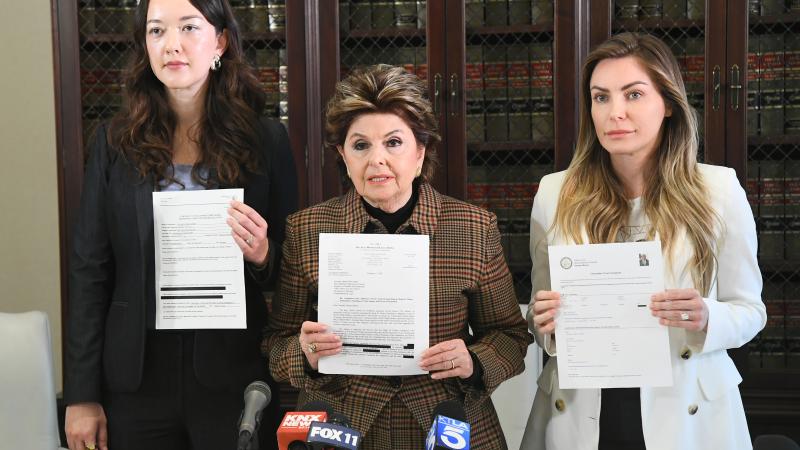Chief Justice Roberts in year-end report slams elected officials who attempt to intimidate judges
Roberts releases the report every New Year's Eve, and it characteristically focuses on what he considers the serious concerns that courts faced over the year.
Chief Justice John Roberts on Tuesday condemned elected officials who have attempted to intimidate judges with whom they disagree, in his annual year-end Supreme Court report.
Roberts releases the report every New Year's Eve, and it characteristically focuses on what he considers serious concerns that courts faced over the year. Past reports have focused on artificial intelligence and the physical safety of judges, amid a politically charged environment.
Though the report this year focused on threats made against judges by elected officials, it did not cite names. However, Roberts did cite an example of a judge who faced calls for her impeachment after she made a controversial decision.
“Attempts to intimidate judges for their rulings in cases are inappropriate and should be vigorously opposed,” Roberts wrote in the 15-page report. “Public officials certainly have a right to criticize the work of the judiciary, but they should be mindful that intemperance in their statements when it comes to judges may prompt dangerous reactions by others.”
The release of this year's report follows New York Democratic Rep. Alexandria Ocasio-Cortez threatening to file articles of impeachment against Supreme Court justices over corruption allegations.
Roberts, nominated to the country's highest court by GOP President George W. Bush, also criticized elected officials who have openly disregarded federal court rulings and highlighted how threats against judges are being made online in the form of doxxing – in which a person searches for, then posts, with malicious intent, private or identifying information about another person.
“Today, in the computer era, intimidation can take different forms," Roberts wrote. "Disappointed litigants rage at judicial decisions on the Internet, urging readers to send a message to the judge. They falsely claim that the judge had it in for them because of the judge’s race, gender, or ethnicity – or the political party of the President who appointed the judge. Some of these messages promote violence—for example, setting fire to or blowing up the courthouse where the target works."
The chief justice concluded the report by reminding judges of their part in preserving trust in the U.S.'s judicial system, which is near a record low, according to The Hill newspaper.
“We do so by confining ourselves to live ‘cases or controversies’ and maintaining a healthy respect for the work of elected officials on behalf of the people they represent," Roberts wrote. "I am confident that the judges in Article III and the corresponding officials in the other branches will faithfully discharge their duties with an eye toward achieving the ‘successful cooperation’ essential to our Nation’s continued success."
Misty Severi is a news reporter for Just The News. You can follow her on X for more coverage.
















